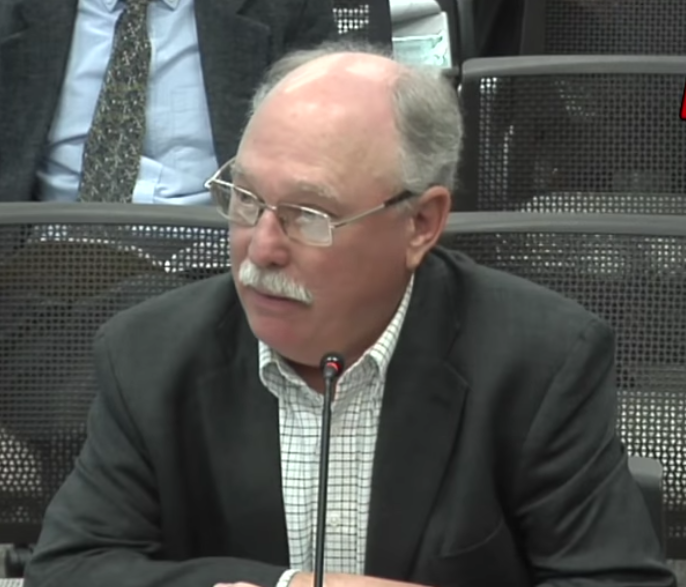Good decisions result only if state officials are transparent and honest
City Observatory has been closely following the proposal to spend $500 million widening the I-5 freeway at the Rose Quarter in Portland. In the process, we and others have repeatedly uncovered instances of state agency officials misrepresenting facts, suppressing key data, denying the existence of plans, concealing important assumptions and misleading the public about safety.
City Observatory director Joe Cortright testified to the Oregon Transportation Commission on April 18, 2019, about these issues. A video of his testimony is shown below.
While there’s much to be debated, pro and con, about the merits of freeway widening, there’s a more fundamental point must be resolved before we can have that necessary discussion. If our democracy, if our system of government is going to work, it depends critically on the honesty, transparency and good faith of those who work for the government, in this case the Oregon Department of Transportation. Objectively, the conduct of the Oregon Department of Transportation has failed to conform to the most minimal expectations of professional conduct.
This agency produced an environmental assessment with no data on average daily traffic (ADT) the most fundamental and widely used measure of traffic volumes; essentially the equivalent of presenting a financial report with no dollar figures. This agency concealed the assumption that its traffic projections assumed that the region would build the $3 billion Columbia River Crossing (in 2015). The agency denied its was widening the freeway, but engineered a 126-foot wide right of way, sufficient for an eight-lane freeway. The agency denied it had any engineering plans for the project, and was subsequently forced to release 33 gigabytes of such plans. The agency made false claims that this freeway was the number one crash location in Oregon, when other ODOT roadways in Portland have higher crash rates and fatalities.
These are not random or isolated acts; they’re part of a pattern and practice of concealing, obscuring and distorting essential facts. If Oregon is to make a reasoned decision on a half-billion dollar investment, it needs a more honest, transparent state Department of Transportation. While the the citizen commissioners of the Oregon Transportation Commission aren’t expected to be experts second-guessing arcane engineering details, they can and should insist on basic standards of openness and truthfulness from their staff.
Cortright’s written testimony submitted to the commission is available here.
[pdf-embedder url=”https://cityobservatory.org/wp-content/uploads/2019/04/Cortright_to_OTC_2019April18.pdf”]

